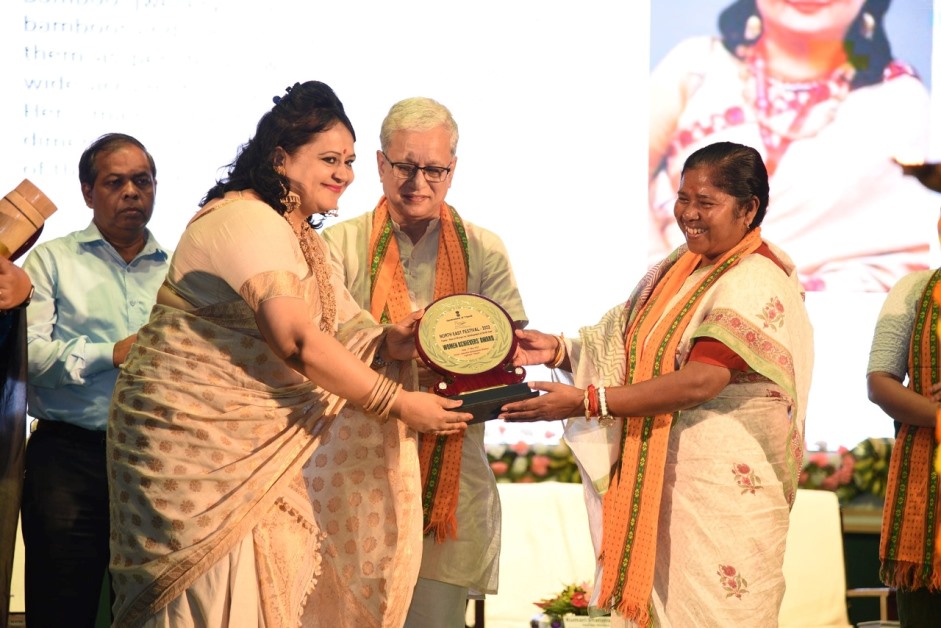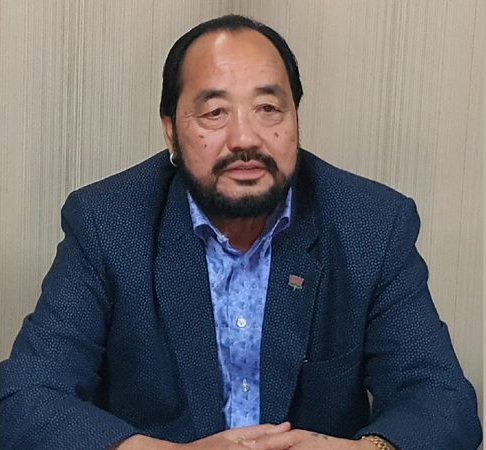The constitution of India empowers the State to adopt measures of positive discrimination in favour of women for neutralizing socio economic, education and political advantages faced by them

The principle of gender equality is enshrined in the Indian Constitution in its preamble, Fundamental Rights, Fundamental Duties and Directive Principles. The constitution of India not only grants equality to women but also empowers the State to adopt measures of positive discrimination in favour of women for neutralizing the cumulative socio economic, education and political advantages faced by them. Fundamental Rights, among others, ensure equality before the law and equal protection of law; prohibits discrimination against any citizen on grounds of religion, race, caste, sex or place of birth, and guarantee equality of opportunity of all citizens in matter relating to employment. Article14, 15, 15(3), 16, 39(a), 39(b), 39(c) and 42 of the constitution are of specific importance in this regard.
LEGAL PROVISIONS
To uphold the constitutional mandate, the state has enacted various legislative measures intended to ensure equal rights, to counter social discrimination and various forms of violence and atrocities and to provide support services especially to working women. Although women maybe victims of any of the crimes such as ‘Murder’, ‘Roberry’, ‘Cheating’ etc, the crimes, which are directed specifically for women, are characterized as crime against women, which are broadly classified under two categories –
1. The crimes identified under the Indian Penal Code (IPC):
· Rape (sec.376 IPC)
· Kidnapping & Abduction for different purposes (Sec. 363-373)
· Homicide for Dowry Deaths or their attempts (Sec.302/304-B IPC)
· Torture, both Mental& Physical (Sec.498-A IPC)
· Molestation (Sec. 354 IPC)
· Sexual Harrassment (Sec. 509 IPC)
· Importance of Girls (Upto 21 years of age)
2. The crimes identified under the Special Laws (SLL): The provisions of law affecting women significantly have been reviewed periodically and amendments carried out to keep pace with the emerging requirements.
Some acts have special provisions to safeguard women like:
· The Family Courts Act, 1954
· The Special Marriage Act, 1954
· The Hindu Marriage Act, 1955
· The Hindu Succession Act, 1956
· Immoral Traffic (Prevention) Act, 1956
· The Maternity Benefit Act, 1961
· Dowry Prohibition Act, 1961
· The Medical Termination of Pregnancy Act, 1971
· The Contract Labour (Regulation and Abolition) Act, 1976
· The Equal Remuneration Act, 1976
· The prohibition of Child Marriage Act, 2006
· The Criminal Law Amendment Act, 1983
· Indecent Representation of Women (Prohibition) Act, 1986
· Commission of Sati (Prevention) Act, 1987
· The protection of Women from Domestic Violence Act, 2005
SPECIAL INITIATIVES FOR WOMEN
1. National Commission for Women: This body mandate to study and monitor all matters relating to the constitutional and legal safeguards for women.
2. Reservation for Women in Local Self Government: To ensure one-third of the total seats for women in all elected offices in local bodies whether in rural or urban areas.
3. The National Plan of Action for the Girl Child (1991-2000): To ensure survival, protection and development of the girl child with the ultimate objective of building a better future for the girl child.
4. National Policy for the Empowerment of Women, 2001: The goal of this policy is to bring advancement, development and empowerment of women.
WOMEN’S EMPOWERMENT AND INITIATIVES FOR THE STATE OF NAGALAND
1. Nagaland State Commission for women, 2006: This body mandate to investigate and examine all matters relating to women issues and also to safeguard the women provisions.
2. Naga Mother’s Association, 1984: To addressed the Violence that tore Nagaland apart: atrocities by the Indian army against Naga groups and civilians, and then years of fratricidal killings between various Naga factions.
3. Maternity Leave Benefit: Dated 3rd April, 2017 had enhanced the existing ceiling of 90 days of maternity leave under CSS (Leave) Rules, 1972 to 180 days for the female State Government Employees.
4. Nagaland Vision 2030: In the vision 2030 document, specific chapters caption as “Gender Mainstreaming” had been included highlighting gender-based disadvantages issues and suggesting various steps for empowerment of women especially steps for ensuring participation of women in decision making and in leadership roles.




